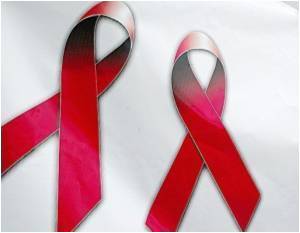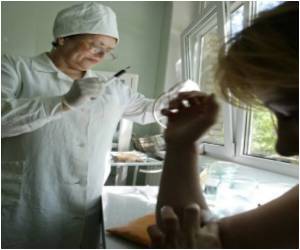It might be a huge medical and social challenge to tackle the ageing HIV survivors according to the discussion held at the World AIDS Forum.

These survivors are mainly in western nations, where the precious therapy first became available from 1996.
But they will soon be followed by millions of counterparts in sub-Saharan Africa and other poor countries where the drug rollout started in the middle of the last decade.
That these men and women should have stayed the course is itself a stunning testimony to antiretrovirals -- and, say some of the survivors themselves, something of a miracle.
"We lived from day to day," Jean-Luc Romero, 51, a councillor for the Paris region, told AFP, as he recalled the situation in 1987, when he learned of his HIV status.
"There was no point planning beyond that. We saw people dying all around us, and we would say, 'That will be us one day.' We didn't think about the future, because the present was all we had. I remember thinking, 'I won't live beyond 30'."
Advertisement
For many of those now advancing into old age, living with HIV will be fraught with medical problems, loneliness and stigma and worries about finance, a seminar at the 18th International AIDS conference heard on Wednesday.
Advertisement
"We have to discuss this subject," he said. "Ageing with HIV is not just a clinical challenge, it is a clinical and a social challenge, and it's not just confined to one part of the world versus another."
Lisa Power, policy director with the British AIDS charity the Terrence Higgins Trust, said that even though people with HIV were living longer, their quality of life was often darkly overshadowed by worry.
Her organisation carried out a questionnaire of 410 people with HIV aged more than 50 living in Britain, which was then followed up with 40 in-depth interviews.
The respondents were likelier to be unemployed than healthy counterparts and had meagre savings, often because they had expected to die before they got old and so had never put money to one side.
Many were socially isolated, fearful of the double discrimination against old age and AIDS, and fretted about the day when they ultimately would be admitted to hospital or a nursing home.
Research presented by Margaret Hoffman-Terry of the American Academy of HIV Medicine provided statistic evidence of the scale of the problem.
In the United States alone, fewer than 20,000 people with HIV in 1995 were older than 50. In 2005, this figure was 120,000.
In the 55-plus group, Americans with HIV were three times likelier than a healthy man aged 70 to have a chronic health problem, she said.
The complications of HIV -- and the side-effects of powerful antiretrovirals that have to be taken each day for the rest of one's life -- breed a long list of sicknesses.
They include depression, hypertension, diabetes, lipodistrophy (a redistribution of fat around the body), metabolic disorders, osteoporosis, heart, liver and kidney disease and cancer.
"In the future we are going to see patients living decades, and we are going to have to figure out ways of getting them to a healthy old age," said Hoffman-Terry.
Source-AFP















